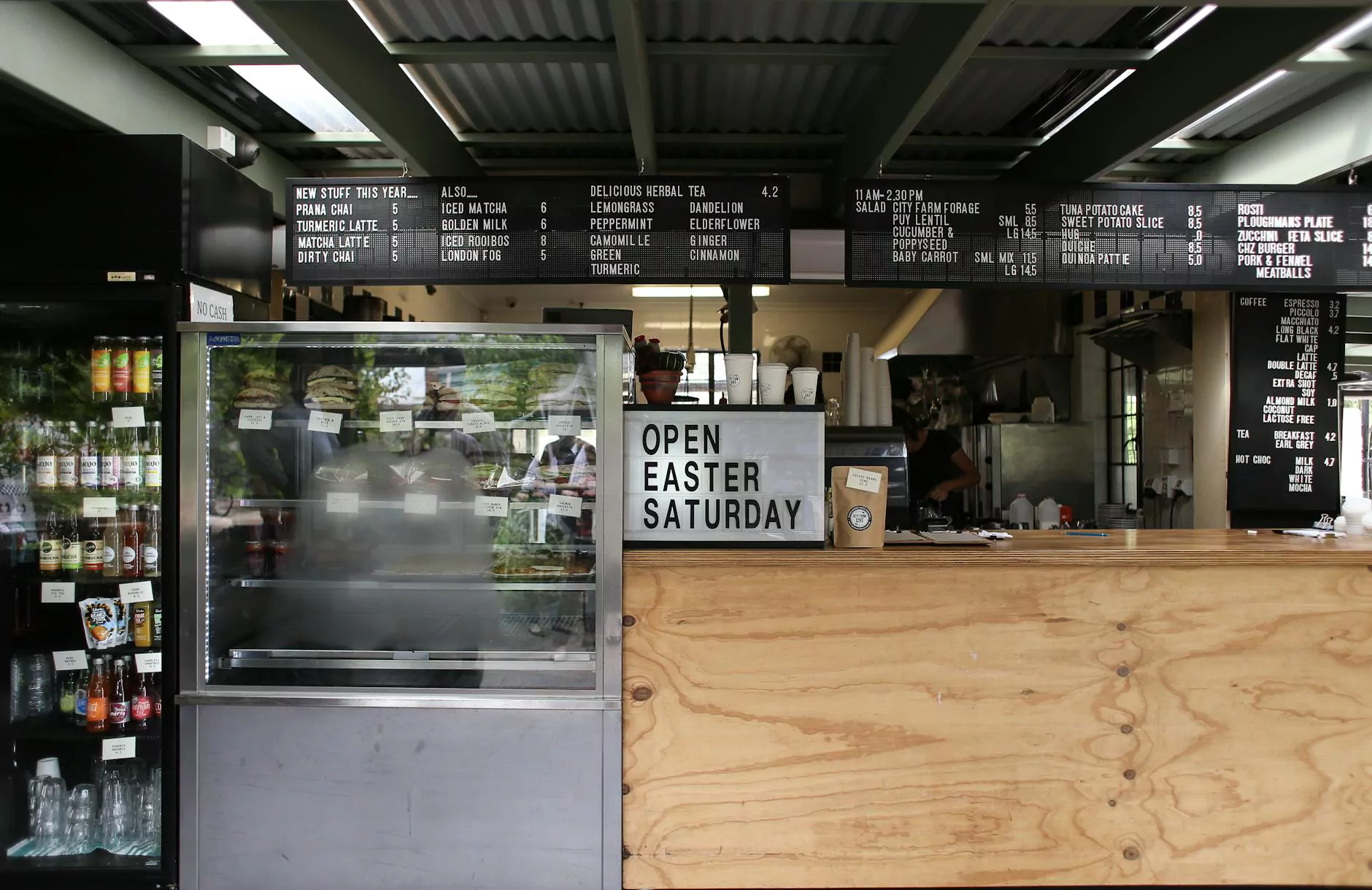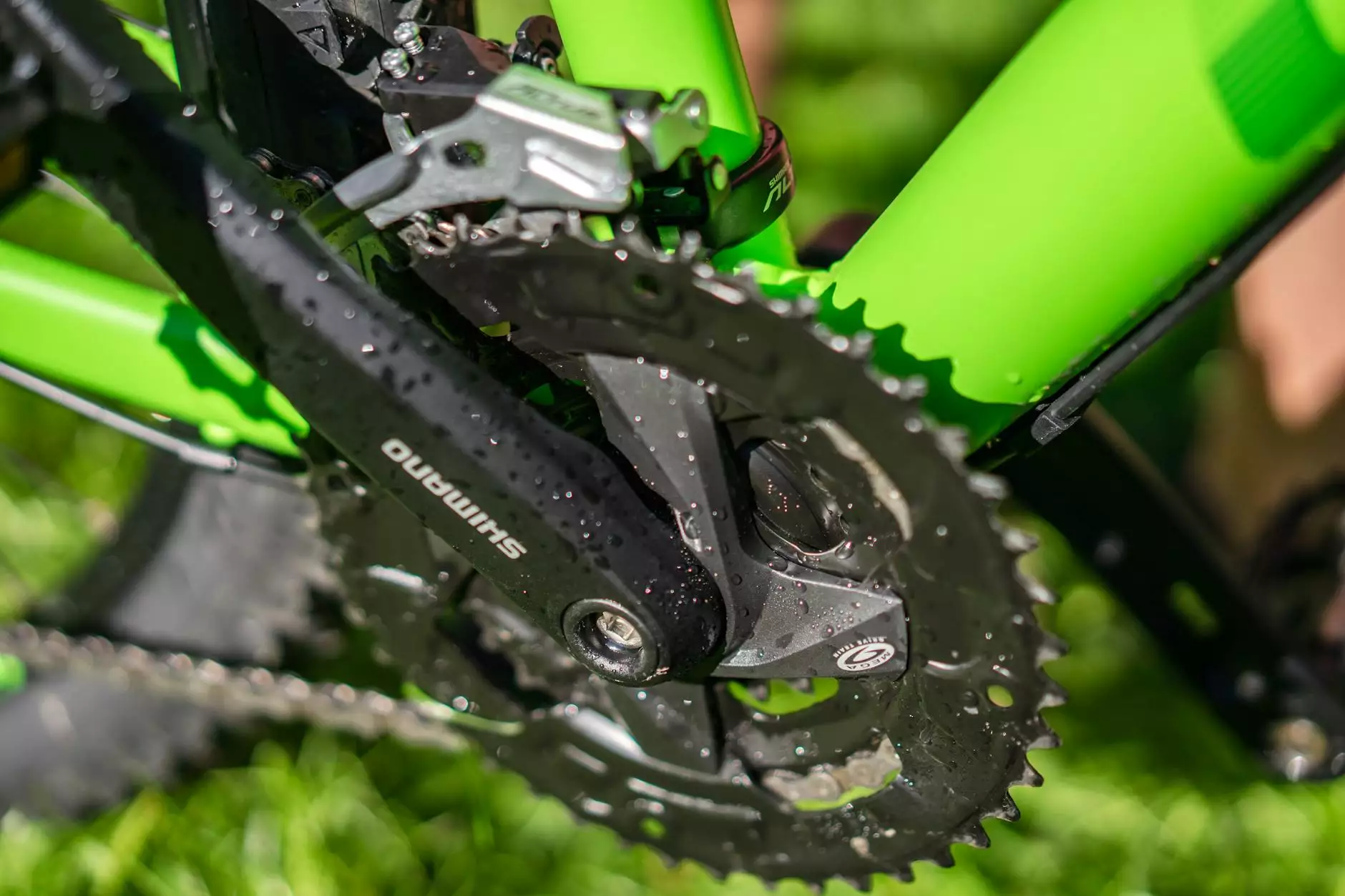The Ultimate Guide to Refrigeration Equipment for Cold Chain Management

In today's world, where businesses depend heavily on the integrity of their products, the cold chain management plays a pivotal role. This is particularly true for sectors such as pharmaceuticals, food & beverage, and chemicals, where the temperature-sensitive products require precise refrigeration solutions. Whether you are managing a small local grocery store or a large-scale pharmaceutical warehouse, understanding the nuances of refrigeration equipment is essential for success. Here, we delve deep into various types of refrigeration equipment and their significance in maintaining a robust cold chain.
Understanding Cold Chain Management
Cold chain management refers to the temperature-controlled supply chain that ensures the stability and integrity of products from the point of origin to the point of consumption. It is more than just keeping products cold; it involves an intricate system of controls to monitor and maintain temperature throughout the entire logistic process. A failure in the cold chain can result in significant financial losses and health risks.
Key Components of Cold Chain Management
Effective cold chain management necessitates a variety of components that work together seamlessly. These include:
- Refrigeration Equipment: The backbone of the cold chain ensuring that products are stored and transported at appropriate temperatures.
- Temperature Monitoring Systems: Tools that continuously track temperatures throughout the supply chain to ensure compliance with safety standards.
- Packaging Solutions: Specialized materials that maintain the desired temperature and protect products during transportation.
- Transportation Vehicles: Insulated and temperature-controlled vehicles that ensure products remain within the required temperature ranges.
Types of Refrigeration Equipment
Choosing the right refrigeration equipment is crucial for a successful cold chain. Below are some essential types:
1. Walk-in Refrigerators and Freezers
Walk-in units are ideal for businesses with large quantities of temperature-sensitive products. They provide easy access and are spacious enough to accommodate various items. Key features include:
- Adjustable shelving
- Energy-efficient models
- Customizable temperature settings
2. Refrigerated Transport Vehicles
For businesses that transport temperature-sensitive goods, refrigerated vehicles are essential. These vehicles maintain a constant temperature through insulated walls and advanced refrigeration systems.
3. Display Refrigerators
Often found in retail environments, display refrigerators not only keep products cold but also showcase them appealingly to consumers. These units must be energy-efficient to reduce operational costs while attracting customer attention.
4. Portable Refrigeration Units
For events, festivals, or temporary setups, portable refrigeration equipment allows for flexibility while ensuring product integrity. These units can be rented or purchased as needed.
Best Practices for Maintaining Refrigeration Equipment
To ensure that your refrigeration equipment operates efficiently and effectively, follow these best practices:
- Regular Maintenance: Schedule routine inspections and maintenance services for all refrigeration equipment to ensure they are running optimally.
- Temperature Monitoring: Implement state-of-the-art temperature monitoring systems that alert you to any fluctuations outside the acceptable range.
- Training Staff: Ensure that your employees are trained on the proper use and maintenance of refrigeration equipment to reduce the risk of errors.
The Importance of Compliance and Regulations
Compliance with industry standards and government regulations is non-negotiable. Depending on your industry, organizations such as the FDA or USDA may have specific guidelines regarding temperature control and product safety. Adhering to these regulations not only protects your customers but also shields your business from potential legal issues. Failure to maintain proper refrigeration can lead to:
- Product spoilage
- Legal penalties
- Loss of reputation
Leveraging Technology in Cold Chain Management
In the modern age, leveraging technology can greatly enhance cold chain operations. Here are some technological advancements that can improve your refrigeration processes:
1. Smart Refrigeration Systems
These systems not only maintain temperatures but can also alert managers via mobile apps when temperatures rise or fall beyond preset limits, ensuring immediate corrective action.
2. Automated Inventory Management
Automated systems can track inventory levels in real-time, ensuring that companies know exactly what is in their cold storage. This helps prevent overstocking or stockouts, both essential for minimizing spoilage.
3. Blockchain for Transparency
Utilizing blockchain technology provides transparency in the cold chain. It can log temperature changes and provide proof of compliance throughout the product's journey.
Cost Considerations in Cold Chain Equipment
Investing in refrigeration equipment can be a significant expense, but the long-term benefits typically outweigh the costs. Here are a few considerations for budgeting:
- Energy Efficiency: Opt for energy-efficient models to reduce operational costs over time.
- Initial Investment vs. Maintenance Costs: Consider the total cost of ownership, which includes both initial investment and ongoing maintenance costs.
- Potential Savings from Reduced Waste: Efficient refrigeration reduces spoilage, leading to significant savings.
Conclusion
In conclusion, the significance of refrigeration equipment in maintaining the integrity of the cold chain cannot be overstated. With the advancements in technology and continuous improvements in equipment design, businesses have numerous options to ensure that their products remain safe and sound throughout their journey to consumers. For those involved in cold chain management, understanding these elements is not just advantageous – it is essential for operational success.
By investing in robust refrigeration solutions and adhering to best practices and compliance requirements, businesses can not only safeguard their products but also foster customer trust and satisfaction. As you embark on your strategy for effective cold chain management, consider the myriad benefits that come with the right refrigeration equipment. For more in-depth information and solutions tailored to your specific needs, explore https://www.first-coldchain.com/.









